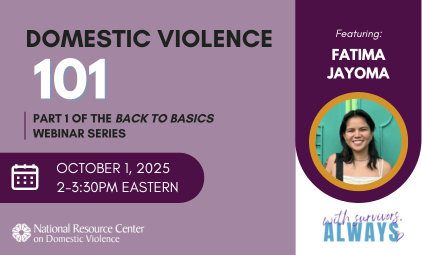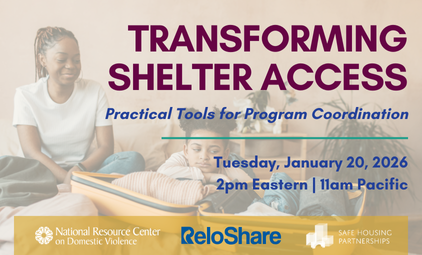What we know is that many domestic violence programs – from culturally specific to emergency shelter to transitional housing to economic advocacy and more – are meeting survivors’ needs and contributing in significant ways to the well-being of survivors, their children, and their communities.
However, more documentation – both formal (e.g., published research studies) and informal (e.g., organizational evaluation reports) – is needed to highlight the work of programs. In particular, we need documentation that lifts up innovative solutions and strategies developed in communities and that consider a variety of cultural contexts.
[...]
In order to do culturally-specific research and evaluation well, researchers must build relationships with survivors and advocates. This is why community-based participatory research – as an approach that requires ongoing collaboration and developing trust – is so valuable. And why it leads to interventions and responses that are often more relevant for survivors and communities.















